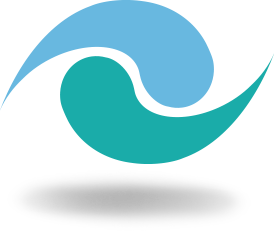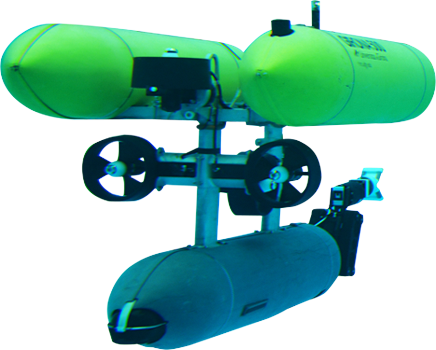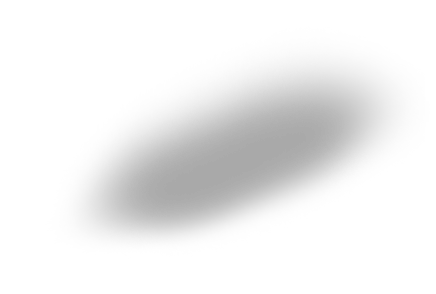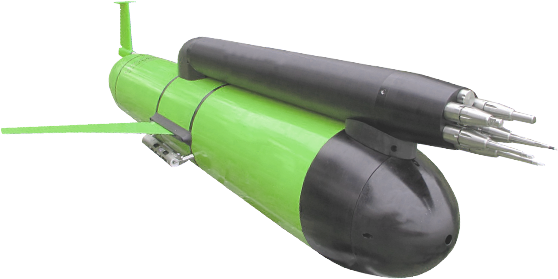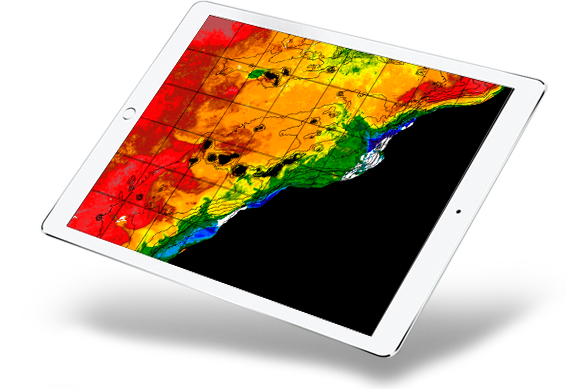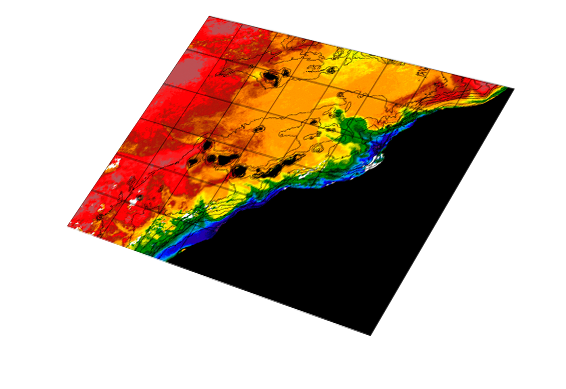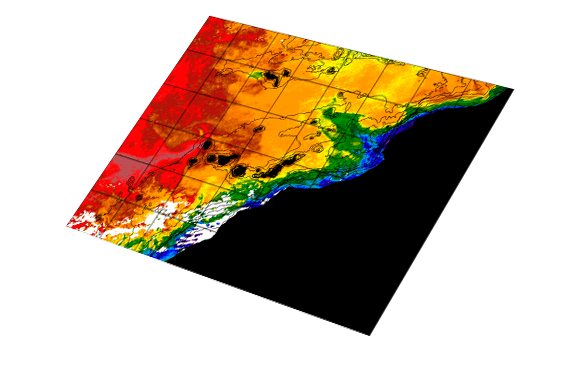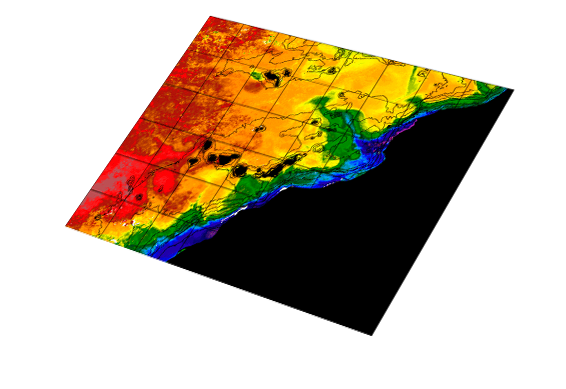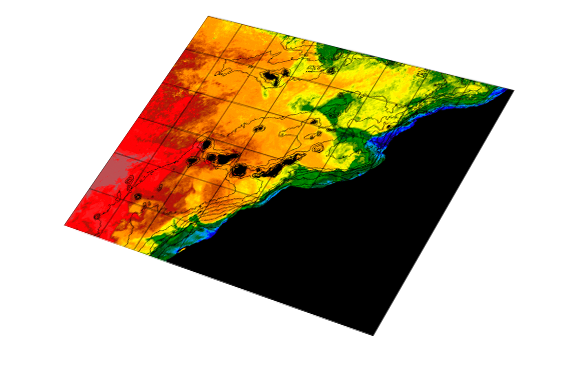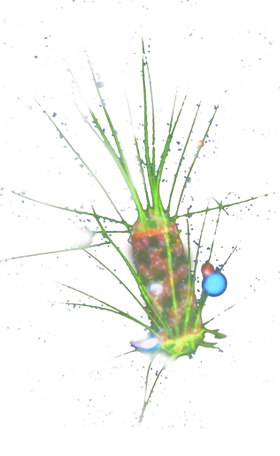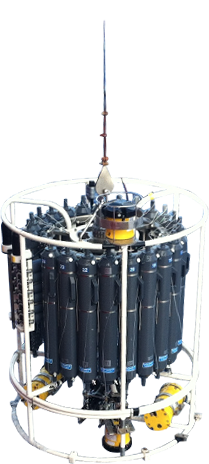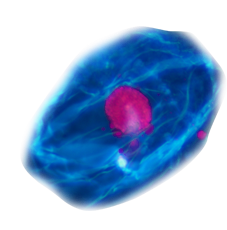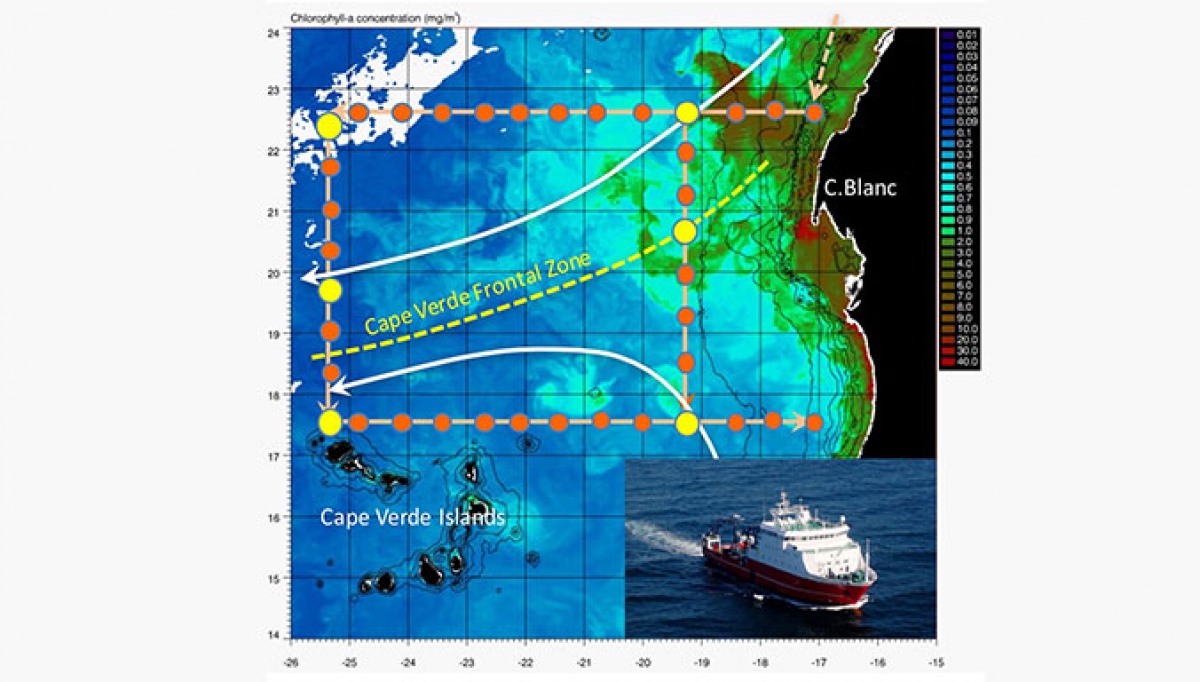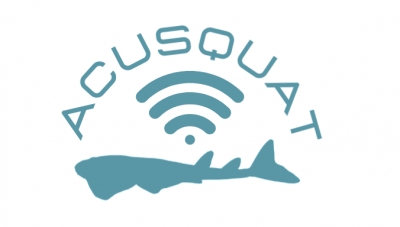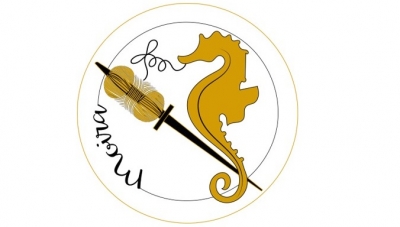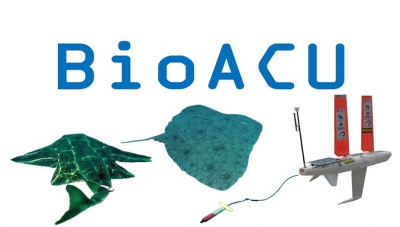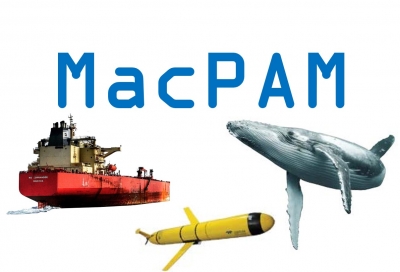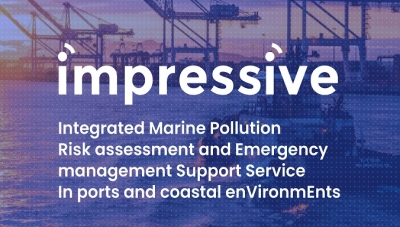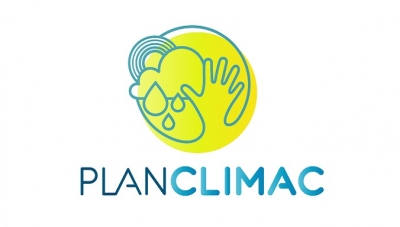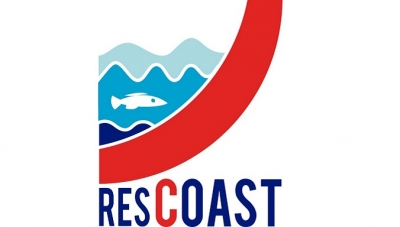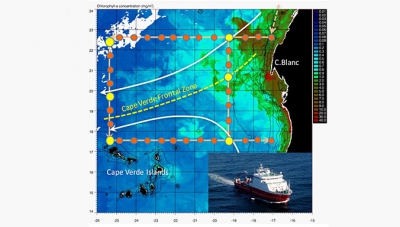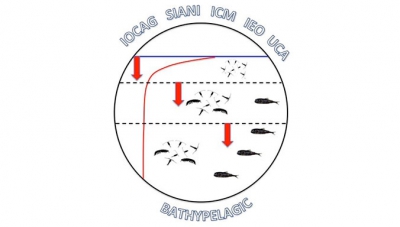The main purpose of the FLUXES project is to quantify the contribution of labile and semi-labile dissolved organic carbon (DOC) and suspended organic carbon (POCs) — i.e., non-sinking organic carbon — to the biological pump (BP), in Eastern Boundary Upwelling Ecosystems (EBUEs). The Cabo Blanco (Ras Nouadhibou) region of NW Africa will be used as a pilot study.
The hypothesis to be tested is that offshore lateral advection of POCs, as well as secondary circulation at the submesoscale range and vertical mixing of DOC and POCs, contribute significantly to the export of organic carbon in EBUEs. It is presumed that the results may prompt reconsideration of both regional and global models of the carbon cycle, and will also help clarify some of the current uncertainties and paradoxes surrounding the imbalance between carbon sources and sinks in the ocean. At the social level, the results will have important implications for the functioning of these systems as sources/sinks of atmospheric CO2, and also for sustainable management and exploitation of their abundant marine resources.
SITMA is contributing to the project by providing human and technical resources in order to ensure the use of gliders (equipped with specific bio-physical and bio-optical sensors) within the programmed marine campaigns.
Further information on the project: +Info
Read FLUXES´ blog: +Info




